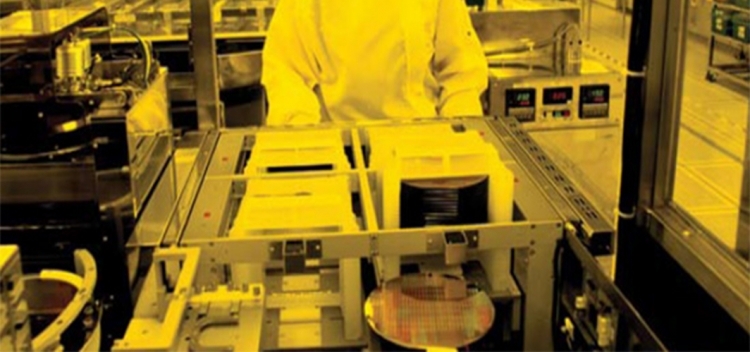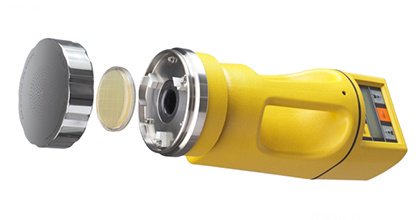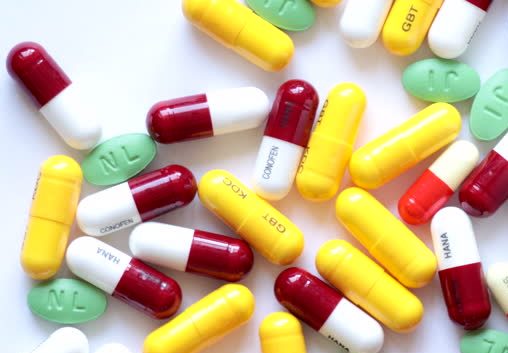GMP encompasses the rules governing the manufacture of a safe and efficacious pharmaceutical product, drug or food. And it is critical that the personnel working in pharmaceutical and food companies abide by these rules to ensure quality and safety during and after production.
Personnel working in pharmaceutical and/or food companies where drugs and food are produced must abide by certain GMP rules in order to ensure that their products are produced based on the best available practices that out rule any form of contamination.
Staff working in controlled areas or production units of the manufacturing company must keep to these rules in addition to the principles of the GMP so that the quality of the finished product will not be affected. These rules are not in any order of preference but are intended to guide the personnel working in pharmaceutical companies or food companies to follow through certain guidelines while doing their job.
To avoid contamination of the finished product and to ensure a smooth running of the manufacturing process, personnel working in pharmaceutical and/or food companies should abide by the rules of GMP as succinctly elucidated below:
- All the personnel working in the company especially in the production unit should follow all instructions exactly as they are.
- All errors and bad practices arising from the production processes should be reported to the appropriate quarters immediately as they occur.
- All the right materials, equipment or instrument for production should be available and close by before you start any task.
- The equipment and instrument for the production should be clean; and the correct type of equipment should always be used for the production.
- The production unit and other clean areas in the manufacturing company should be properly segregated from other units of the company that are not directly involved in production.
- The production unit should be protected against contamination; and personnel should always observe good personnel hygiene. They should maintain good standards of cleanliness and tidiness at all times.
- Personnel should work accurately, precisely and methodically (scientifically) according to production guidelines; and they should not make assumptions but check out any ensuing problem.
References
Arora D.R (2004). Quality assurance in microbiology. Indian J Med Microbiol, 22:81-86.
Ashutosh Kar (2008). Pharmaceutical Microbiology, 1st edition. New Age International Publishers: New Delhi, India.
Axelsen P.H (2002). Essentials of antimicrobial pharmacology. Humana Press, Totowa, New Jersey, USA. Al-Jasser A.M (2006). Extended – Spectrum Beta – Lactamases (ESBLs): A Global Problem. Kuwait Medical Journal, 38(3):171-185.
Bisht R., Katiyar A., Singh R and Mittal P (2009). Antibiotic Resistance – A Global Issue of Concern. Asian Journal of Pharmaceutical and Clinical Research, 2 (2):34-39.
Block S.S (2001). Disinfection, sterilization and preservation. 5th edition. Lippincott Williams & Wilkins, Philadelphia and London.
Nally J.D (Ed.) (2007). Good manufacturing practices for pharmaceuticals. Sixth edition. Informa Healthcare USA, Inc, New York.
Discover more from Microbiology Class
Subscribe to get the latest posts sent to your email.





